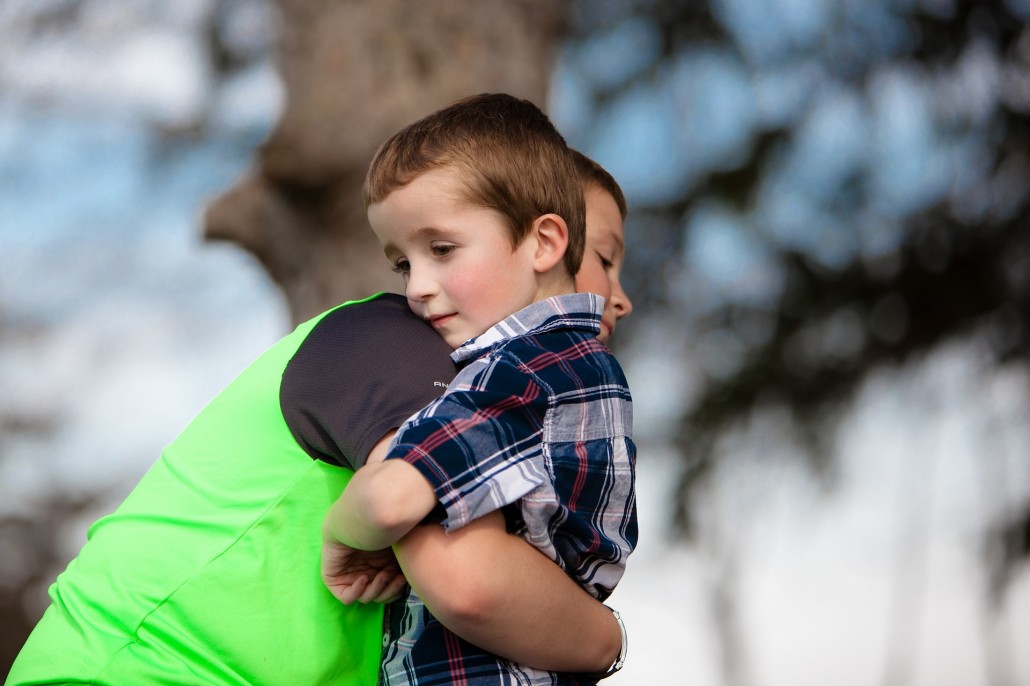Coping with a Speech Diagnosis: A Toolbox for Parents
Late bloomer or language problem?
Each child develops at an individual pace. Some children experience language delay. Other possible speech diagnoses included speech or language disorders.
Securing a speech diagnosis involves an evaluation by a licensed speech and language therapist. While the process will give you a definitive diagnosis and treatment options, parents may find this “toolbox” of suggestions helpful in successfully navigating this new experience.
- Be curious. It is ok to request literature and ask questions about the diagnosis, type and frequency of speech therapy, estimated length of treatment as well as home exercises to reinforce treatment. Depending on the diagnosis, you may also want to request names of support groups in your area.
- Explore your own feelings about the speech diagnosis. Sometimes the diagnosis is liberating, a reinforcement of a gut feeling you had. But even a minor speech issue can trigger feelings of inadequacy, anger, sadness or guilt. Those feelings are normal and sometimes just the acknowledgement is healing. Other times you may need to seek help from a family therapist.
- Evaluate the diagnostic impact on your child. Sometimes a child is relieved to begin the process and address the issue. Other times, it is seen as a stigma. Find the right opportunity to explore your child’s feelings. Listening and validating are the key.
- Observe family dynamics. Often a change in family dynamics, even a minor one, can trigger behavioral issues in the child or siblings. Anticipating a possible change is your best defense. Other parenting tools include maintaining consistency in routines, responsibilities and rules and consciously focusing on each family member’ strengths. Sometimes you can involve the whole family in the therapeutic process, though it is best to consult the therapist on best practices.
Most importantly, quality family time is essential for healthy social skills and language development. I am a big proponent of family dinners, outings and playing games as well as private time, both for couples and each child…because every interaction has infinite potential.
What has worked for you?

